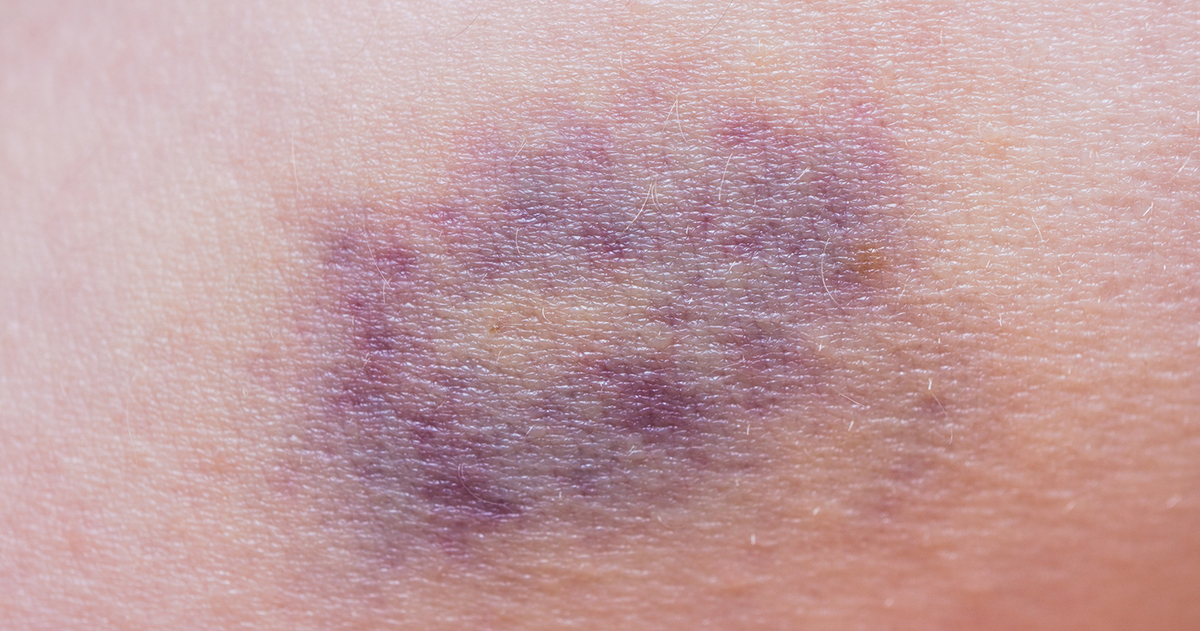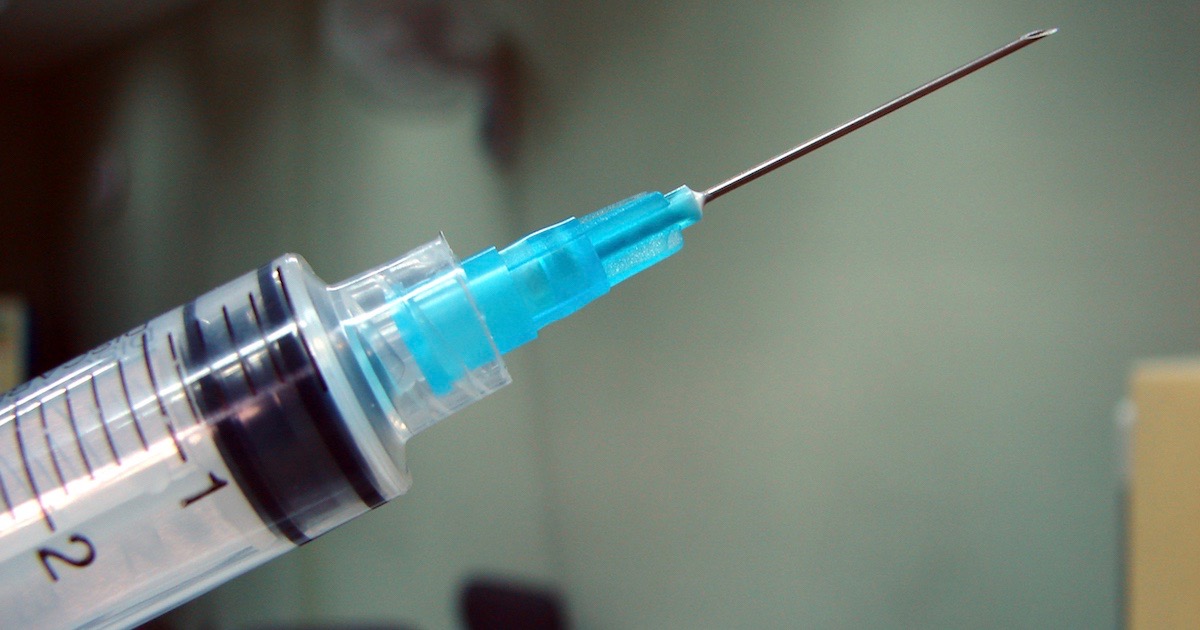Potential Side Effects Of Donating Plasma
Plasma is the part of blood that still remains once white blood cells, red blood cells, and platelets have been fully removed. Plasma makes up around fifty-five percent of the components found in blood. Within plasma is a variety of substances like antibodies, water, proteins, salts, and enzymes. Plasma is a very important aspect of the body that performs a wide range of essential functions, which include fighting against certain diseases and clotting blood so healing can occur. Donating plasma is basically the same as donating blood. The standard blood donation procedure will occur, after which the plasma will be separated from the rest of the blood so it can be used in the treatment of numerous conditions and diseases, including hemophilia and primary immunodeficiency.
While donating plasma is typically a very safe and beneficial process, there are a variety of side effects that may occur. Get familiar with these now.
Fatigue Or Drowsiness

Many individuals who donate plasma will experience fatigue or drowsiness afterward. Fatigue is a relatively normal feeling that can occur for a myriad of reasons. Because of how common this side effect is, being fatigued after donating plasma doesn't automatically mean it occurred because of the donation. Fatigue will naturally occur when the body doesn't have the salts and nutrients it requires to function properly. If individuals recently had a busy schedule that has caused them to work long hours, it's likely they will be overtired. However, feelings of fatigue are different than merely being overtired, the latter of which is temporary and should dissipate in a day or two. On the other hand, fatigue lasts for a lengthy period and doesn't abate by resting or sleeping. Individuals will feel weary almost constantly, which can cause a reduction in energy and concentration. Fatigue due to a plasma donation is likely to only be a mild form. Drowsiness is very similar to fatigue and will cause individuals to feel sleepy throughout the day.
Learn about more side effects of donating plasma now.
Bruising And Other Discomfort

Among the more common side effects following a donation of plasma include bruising and other discomfort, which typically occur whenever a needle enters the skin. In most cases, symptoms of bruising and discomfort after donating plasma should be mild and typically dissipate in a day or so. If the bruising or pain is severe or doesn't go away after a couple of weeks, patients will likely want to see a doctor to make sure everything's normal. The type of discomfort experienced depends on what's going on. While the needle is being sent through the skin, the pain will present itself as a slight pinch. When blood is being taken from the vein, individuals often experience a pulling sensation that will go away immediately after the needle has been removed. Small amounts of blood will always leak when blood is taken from a vein, which is what causes the swelling. The bruising should dissipate entirely in a matter of days or a couple of weeks.
Keep reading for more information on the potential side effects of donating plasma.
Dehydration

Whenever blood is drawn from the body, dehydration is likely going to be an issue. Around ninety percent of plasma is comprised of water, which means a substantial amount of water will be taken from the body when plasma is donated. If the individual didn't drink much water before donating plasma, it's possible they will become dehydrated. The most common symptoms of dehydration include extreme feelings of thirst, fatigue, confusion, dizziness, and less frequent urination. It's also possible urine will have a dark color to it because of the lack of water in the body. Donating plasma should only cause mild dehydration. If patients find they're unable to keep down fluids or have had diarrhea for over twenty-four hours, they might want to see a doctor to make sure a complication hasn't occurred.
Get the details on the next potential side effects of donating plasma now.
Dizziness And Fainting

Along with the high amounts of water, plasma also contains a substantial amount of salts and nutrients. These substances are very important for making sure the body functions properly and remains alert. When these salts and nutrients are removed from the body, it's possible an individual will begin to experience some dizziness and fainting, the latter of which only occurs in rare circumstances. If the electrolytes in the body become imbalanced because of the plasma donation, these side effects may begin to occur. This dizziness could also be accompanied by a lightheaded sensation. When dizzy, individuals may feel as though the room is spinning or as if they are unable to balance properly. Fainting will result in a sudden loss of consciousness, though individuals typically awaken quickly.
Uncover another potential side effect of donating plasma now.
Citrate Reaction

While the other symptoms on this list are very common and typically mild, a citrate reaction is among the more serious problems that can occur when donating plasma. This is a rare side effect that only occurs during a plasma donation. Once the plasma has been separated from the rest of the blood, the remaining blood will be returned into the patient's body. Before this occurs, the blood will be infused with an anticoagulant designed to prevent blood clots. Once the blood has been sent back into the body, the citrate substance can cause certain calcium molecules to become bound together for a brief period. While most individuals don't experience any side effects from this, it's possible to have an adverse citrate reaction, which can result in side effects like numbness, chills, muscle twitching, shivering, and shortness of breath. If these symptoms aren't treated, they can worsen and may eventually cause a heart attack.
Read more about the possible plasma donation side effects now.
Infection

The risk of getting an infection from donating plasma is low. However, infection risk is still an important thing to be informed about. Any time a needle pierces the skin, such as with plasma donations and vaccines, there's a risk of the puncture wound becoming infected. Bacteria outside the skin can enter the tissue, and if there are bacteria on the needle, these substances may enter a vein, which can cause the infection to spread to other parts of the body. Most infections can be avoided through thorough sterilization procedures. Patients should keep an eye out for infections following their donation. Skin that's swollen, red, warm, or tender may be infected. Infections should be treated promptly by a doctor to avoid complications.
Continue reading to learn more about the potential side effects related to donating plasma now.
Arterial Puncture

An arterial puncture is another rare complication of donating plasma individuals probably won't face. However, it's good to be aware of it. With an arterial puncture, the needle is mistakenly inserted into an artery instead of a vein. The nurses at the donation center should be trained to help with arterial punctures. Should this complication occur, individuals should pay attention to the site's healing following treatment. If the bleeding restarts, their arm becomes swollen, they feel numbness or pins and needles in the arm, their pain becomes severe and seems to be worsening, or their lower arm becomes pale and cold, they should seek emergency medical treatment. While en route to the emergency room, individuals should also keep their arm elevated and firmly apply pressure.
Understand more about the possible side effects of donating plasma now.
Allergic Reaction

It's very rare for someone to experience an allergic reaction, but this can happen. Depending on the type of reaction, this may be a mild side effect or potentially life-threatening. With a localized allergic reaction, individuals may have some irritation or redness on the skin surrounding the puncture wound. This occurs when they're allergic to a component of the disinfectant used. The most common localized reactions occur due to an iodine allergy. A citrate reaction, mentioned earlier, is more serious. When individuals donate plasma, citrate is added to the blood to prevent clots from forming. Most citrate will stay in the plasma machine, but a bit will enter the bloodstream. If patients have a citrate reaction, they may feel numbness in their fingers, toes, and lips. They might also be lightheaded, have an irregular heartbeat, and experience chills and shivering. If this reaction isn't treated, it can lead to cardiac arrest or other life-threatening complications.
Learn more about the side effects of donating plasma now.
Nerve Injury

It's very rare for a nerve injury to occur as a side effect of a needle puncture, though there have been documented cases. In addition to plasma donation, this can also happen when individuals have blood drawn or get vaccinated. One blood center reported only sixty-six cases of nerve damage out of 419,000 donations. The most common symptoms in these sixty-six patients were tingling or numbness, along with radiating or excessive pain. Depending on where the nerve injury occurred, individuals may experience a loss of strength in the hand or arm. About thirty percent of those in this study saw a doctor once or more to follow up on the injury. Of the sixty-six patients, fifty-six responded to the study's survey. Of those fifty-six, fifty-two made a full recovery.
